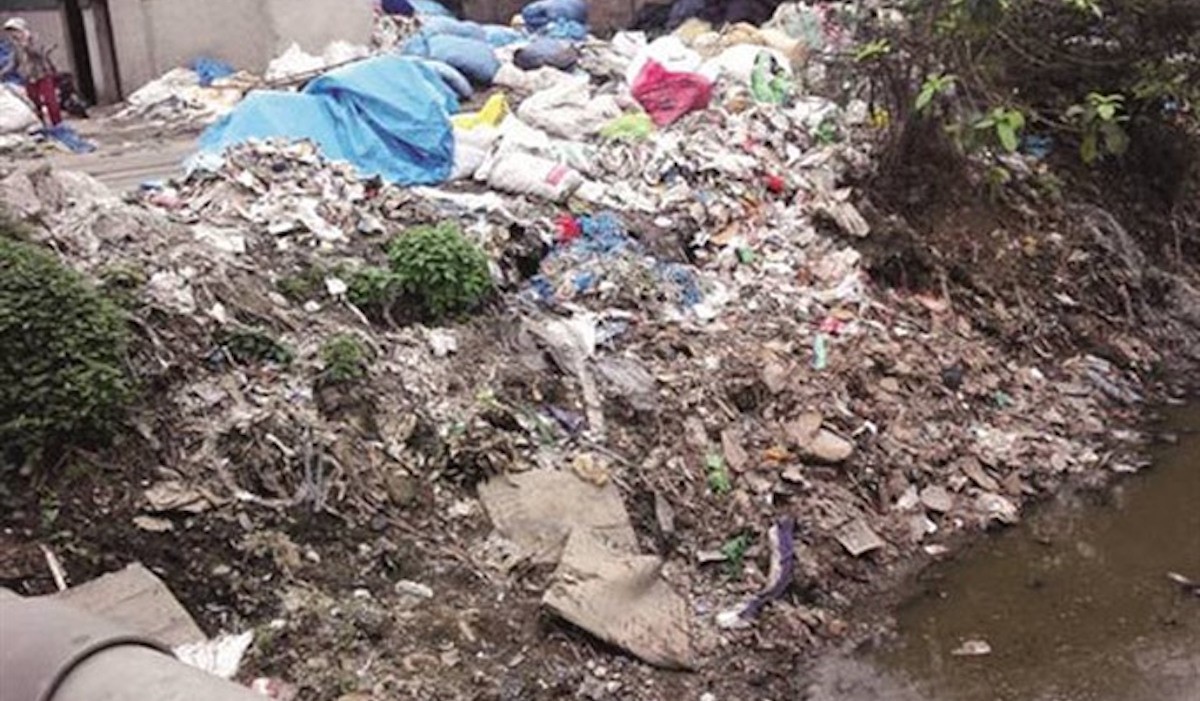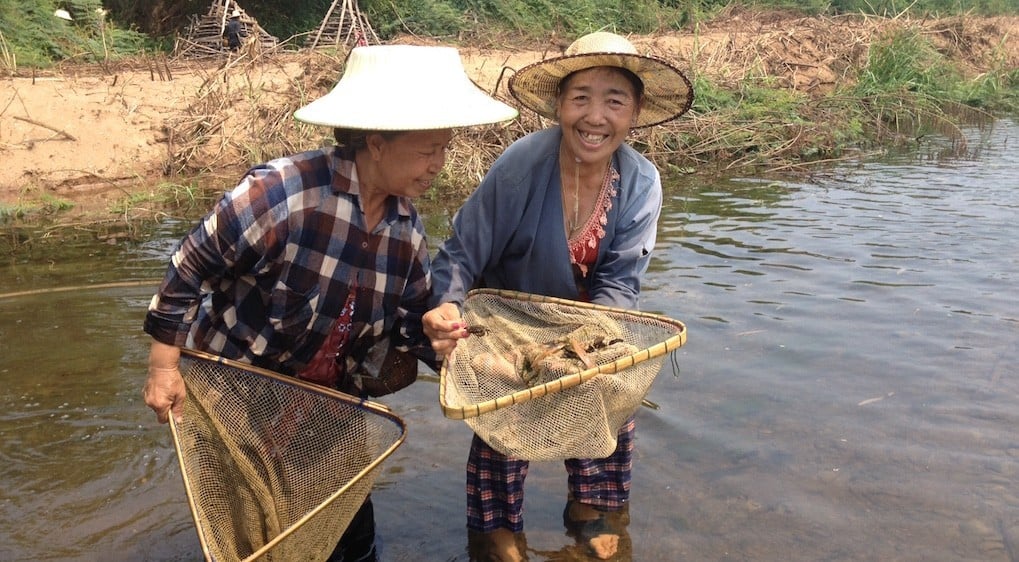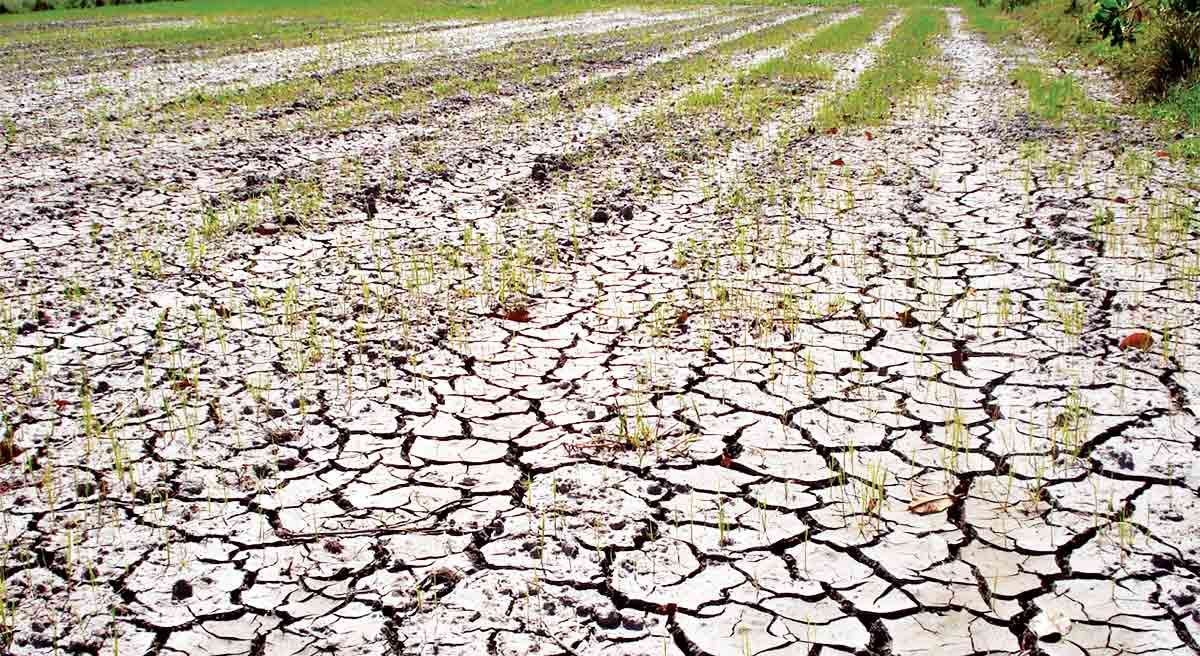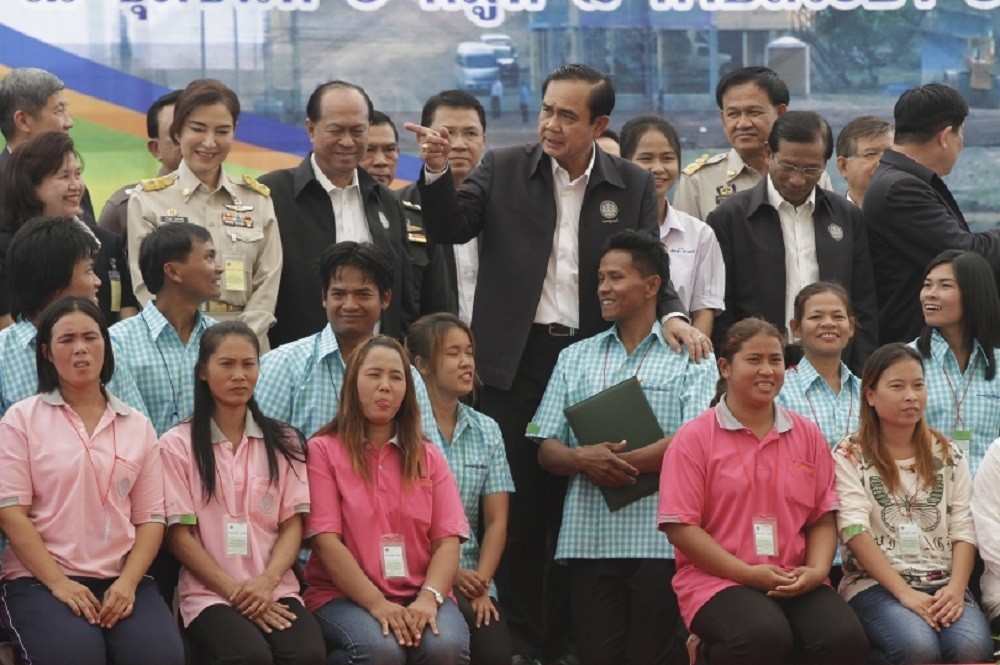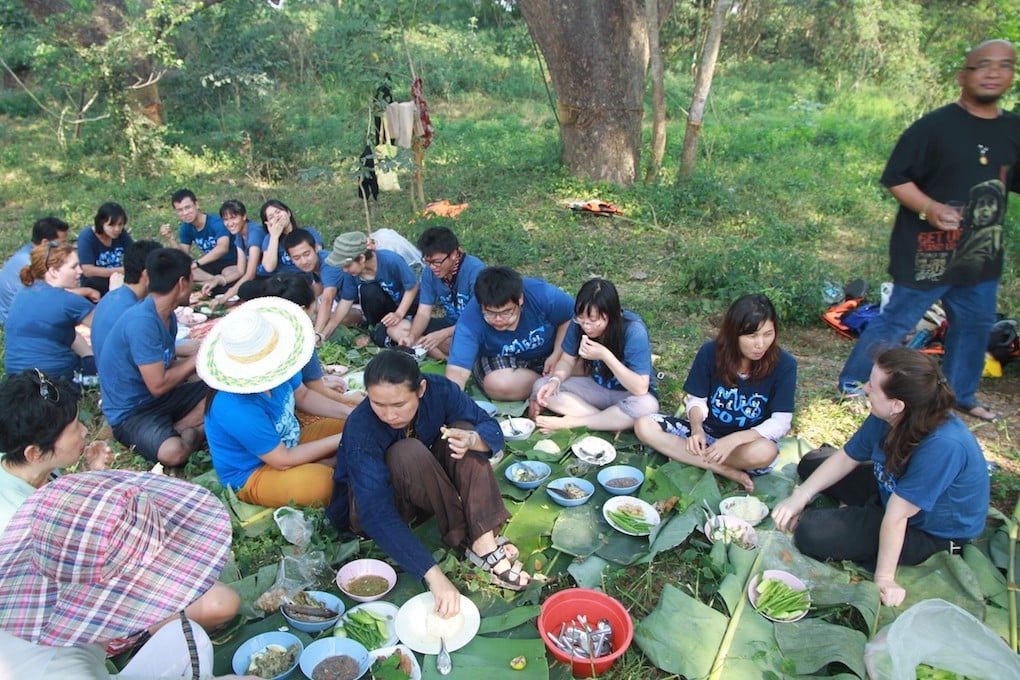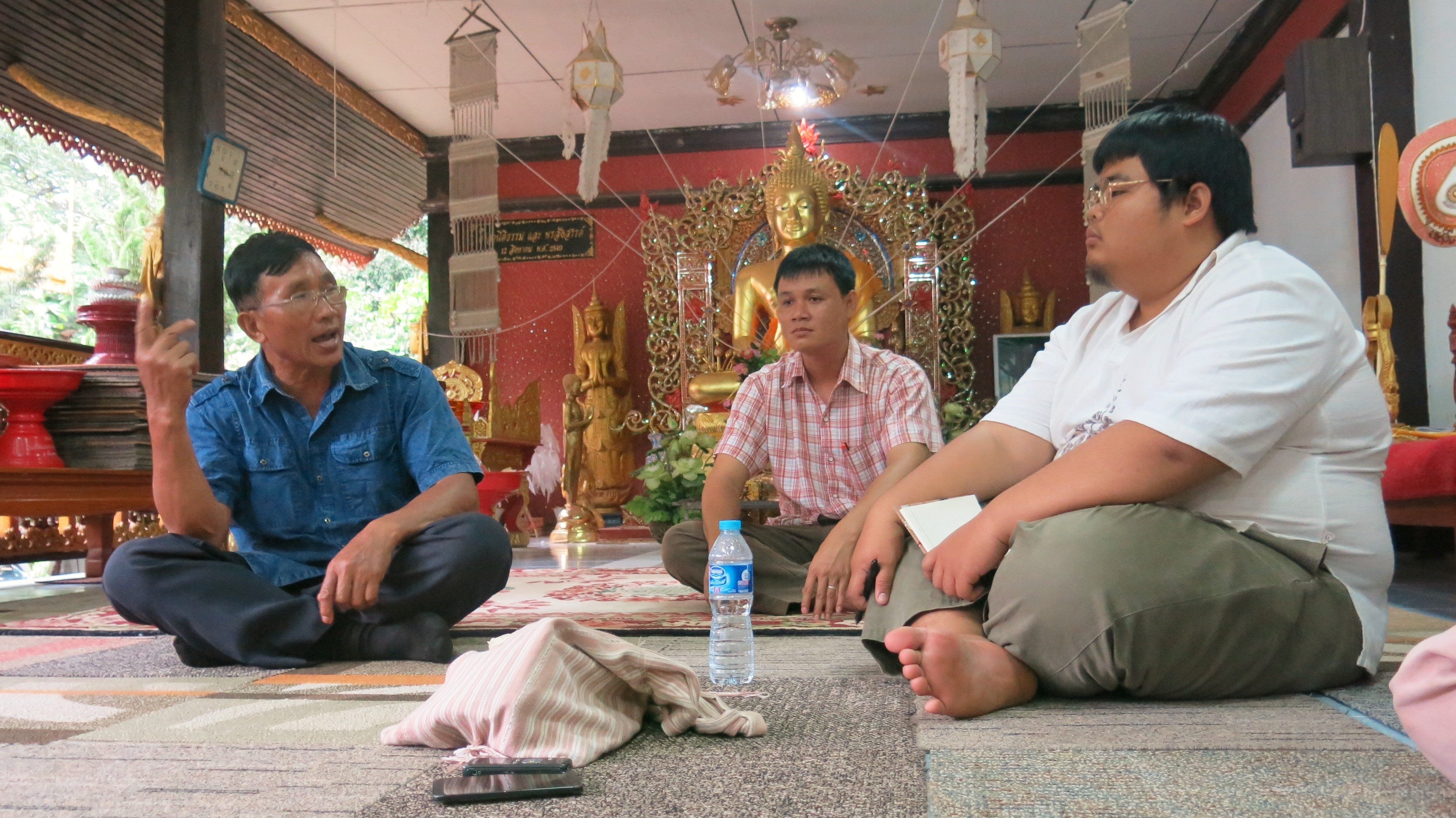Water resources have become a source of increasing conflict, highlighting issues of unsustainable exploitation and environmental degradation, experts say.
Tag: irrigation
Diverting the Mekong River into Thailand: The Khong-Loei-Chi-Mun project
Extensive irrigated agriculture in Northeast Thailand has long been a dream of the Royal Irrigation Department (RID). Over the decades, various visions have been expounded but never fulfilled, including the Green Isan Project in the early 1980s, the Khong-Chi-Mun Project in the late 1980s and 1990s, and the Water Grid Project in the early 2000s. Local communities and civil society have often challenged these projects, questioning the project’s economics and potential environmental and social impacts.
Recently, the RID has reinvigorated its irrigation plans through the “Mekong-Loei-Chi-Mun River Management and Diversion by Gravity in the Northeast” project. It entails diverting water from the Mekong River’s mainstream into the Loei River in Northeastern Thailand, which would then be connected via tunnels to the Chi and Mun Rivers.
Vietnam’s Mekong Delta hit by worst drought in years
THE southern tip of Mekong Delta in Vietnam in the country’s prime fertile rice-growing region has been hit by the worst drought the country has seen in recent years.
Accompanied by a saline intrusion, the drought is reported to have affected over a million people who face water shortages in the region.
This has spurred China to dispense twice the amount of water from a hydropower station to aid the situation.
Officials blamed the drought on the El Nino weather phenomenon and excessive construction of hydropower dams on the upper stream of the river, the Associated Press reported.
Yesterday, director of the department at the Ministry of Agriculture and Rural Development Ma Quang Trung was quoted as saying the level of inland saline intrusion was unprecedented, resulting in damage to some 180,000 hectares (444,780 acres) of paddy fields.
PM urged to give nod to Mae Wong Dam
Thailand Prime Minister urged to reconsider building the Mae Wong Dam — and lease land to local people to dig reservoirs to fight the serious drought. It is estimated that water in Ubonrat Dam in Khon Kaen province will last for only another 40 days, The irrigation chief says dam would help thousands.
Drought-hit Thailand taps Mekong water
Facing a severe drought this year, Thailand is pumping water from the Mekong river to irrigate farms inland. It also wants to divert larger volumes, despite warnings from environmentalists about the downstream impact.
Pumping is now taking place in north-eastern Thailand, a parched region separated from Laos by the Mekong. In Nong Khai province, where a sluice gate between the Mekong and its tributary located within Thailand is now closed, temporary pumps are extracting water from the river at a rate of 15 cu m per second to water crops.
Kaeng Sua Ten dam project: three decades of heroic community struggle
After 30 years, community-led anti-Kaeng Sua Ten dam movement is still hailed as a watershed of Thailand’s environmental conservation. Villagers have not only argued for their rights to protect livelihood and natural resources, but also articulate socio-economic losses if the project is to be built. The dam, proposed by the Royal Irrigation Department, would inundate many villages and Thailand’s last teak forest ecosystem in the Mae Yom National Park in northern Thailand. Environmental economic studies find that environmental opportunity losses will be greater than gains from flood control and irrigation as promised by the project.
Perennial dam project threatens locals’ way of life
“The forest is our main source of food year round. Our lives are tied to it,” said Mr Pan, 57, also the head of a two-century-old village located in the forest of Ob Khan National Park’s Mae Khan River basin. But this lifestyle based on nature is under threat. The villagers have lived with anxiety for 20 years under the shadow of a dam construction project that has been dusted off by successive prime ministers despite the villagers’ protests.


